Dependency on AI Tools
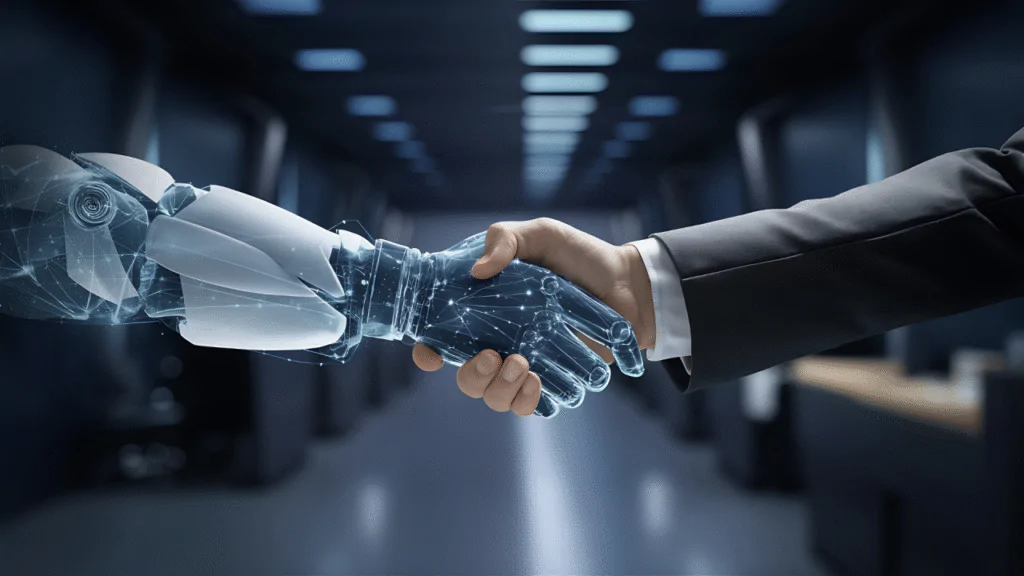
Debates on AI have become very common nowadays. Is AI really making us more productive by optimising work? Let’s discuss ahead.
Tools like ChatGPT, Claude, and GitHub Copilot have become an integral part of how we work, learn, and solve problems. They offer answers in seconds, streamlining tasks that you once used to take hours, and generating content efficiently. From image generation to automated data analysis, AI has redefined workflows across industries, making complex tasks more effortless and accessible. But as AI becomes more part of our daily routines, an important question comes to mind: Are we relying on it too much?
AI can be an invaluable asset, but it was never designed to take over human thinking. Instead, it should act as a tool to improve our problem-solving skills, not an excuse to stop thinking critically.
The increasing dependency on AI: Where are we headed?
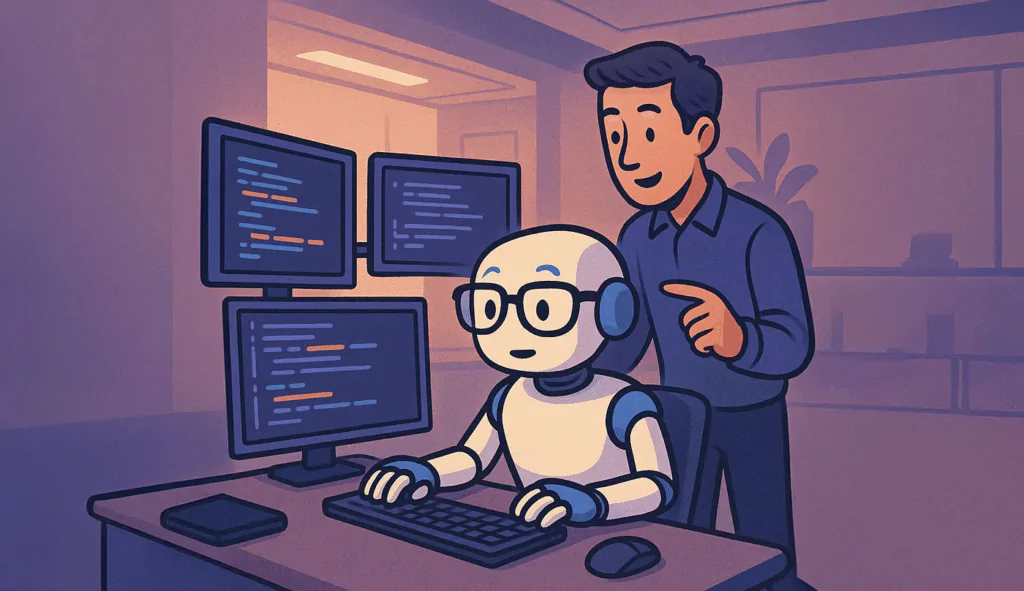
People using the internet today rely on AI-generated responses without even questioning their accuracy. While AI makes information easy to access, it’s important to wait a second to analyse and verify its results rather than simply copy-paste without any further research. This day-to-day increasing level of dependency can be problematic for many reasons:
- AI Factual errors: AI does not “know” anything; it’s just been fed with a lot of data, and it generates responses based on patterns in data, which means it can produce easily convincing output, but fact-wise, completely false. AI inaccuracies are a real issue, yet many users simply assume whatever the AI gives is always correct because it sounds confident. Understanding this limitation is very important; without verifying outputs, we risk spreading misinformation and making poor decisions based on compromised data.
- Students using AI:
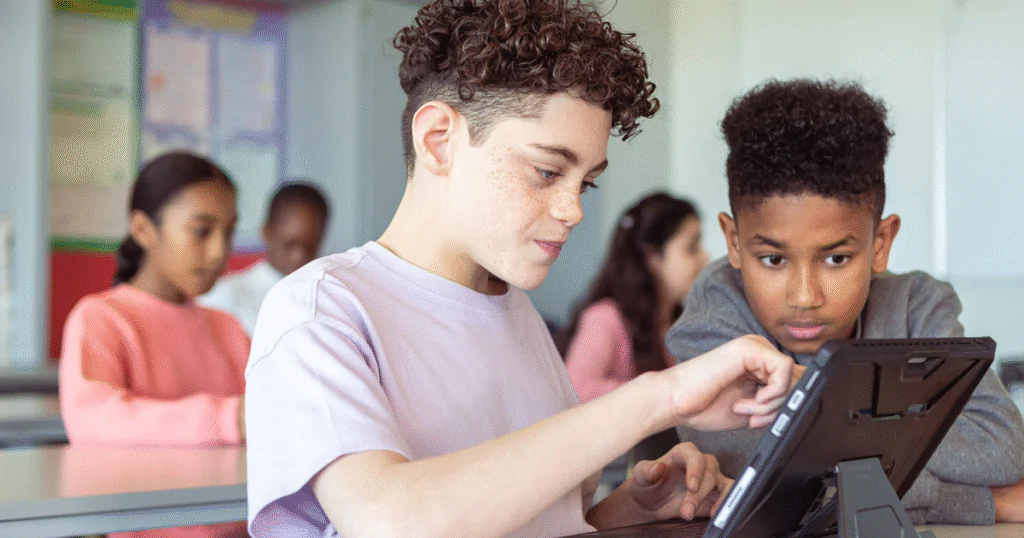
Learning vs. Taking Shortcuts. AI can be a great learning tool, but if students completely depend on it to do their daily homework without knowing it, are they really learning? No. The key to using AI effectively for education is to treat it as a guide to support learning, not replace it. Asking ChatGPT for direct answers should be avoided; instead, students should prompt it in a way that helps them understand the subjects, evaluate its responses, and develop their own thinking.
- AI for coding:
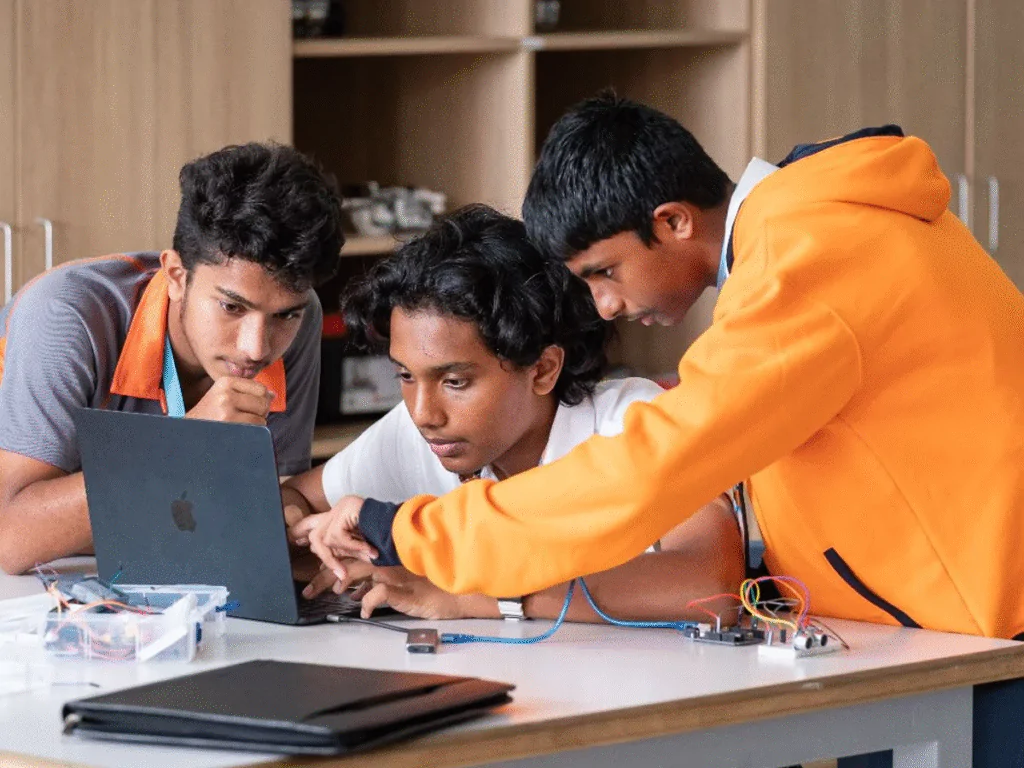
In the field of coding, AI has undoubtedly made the job quite easy, like automating repetitive tasks, generating boilerplate code, and even suggesting optimisations. However, AI-generated code is not always reliable. It can contain inefficiencies, data security concerns, or simply not fulfil the specific requirements of a project. While AI can boost development, the responsibility of validating, debugging, and refining the code still falls on our shoulders. The best developers don’t just accept AI-generated code with blind faith; they review it critically, test it thoroughly, and ensure it meets the standards of functionality, efficiency, and security. Ultimately, while AI can assist, it’s human expertise that guarantees the final product is both reliable and effective.
- Human expertise matters:

AI-generated content can be helpful, but it often lacks the personal touch that comes from people’s insight and intuition. When AI entirely creates content without meaningful input, it may feel awkward or detached. To create innovative and thoughtful work, it’s important to bring your own ideas and point of view to the table.
- Lack of originality and creativity:
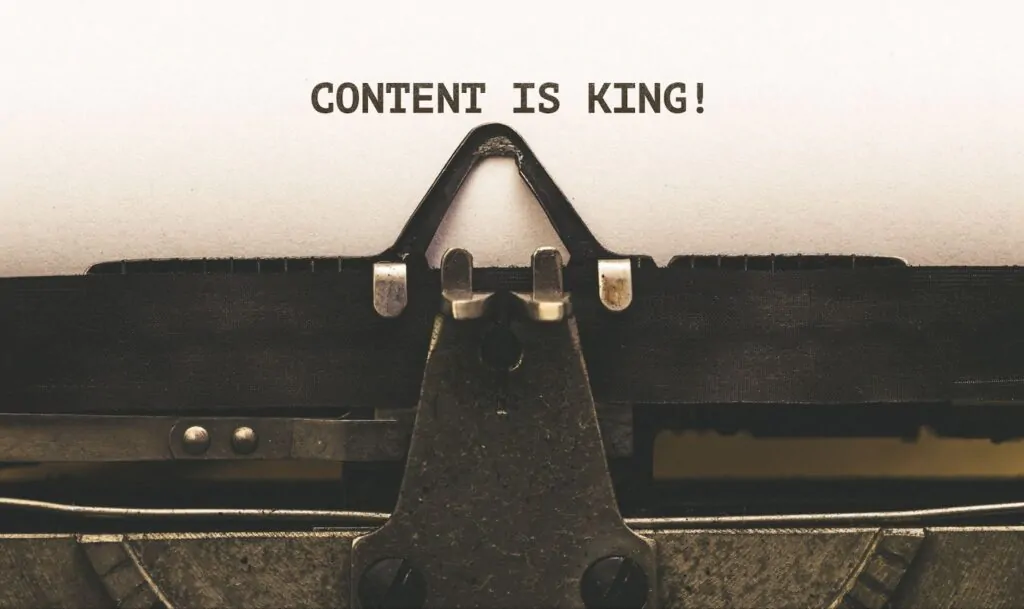
AI models may struggle to produce authentic content if they depend heavily on AI-generated training data, leading to a lack of blending in ideas and creativity.
- Downfall in the quality of content:
Continuous cycles of AI training on AI-generated content can lead to lower-quality outputs that miss depth, creativity, and make no sense. This is especially true for companies that leverage AI for content creation after training a GPT model with their database for creating new content that matches their tone.
AI should improve, not replace, thinking.
Fundamentally, AI tools are to enhance human intelligence, not replace it. The most invaluable skills today are still problem-solving, critical thinking, and analytical reasoning skills that AI can guide alongside but never replace. Whether it’s in education, a job, business, or creative work, our ability to think, question, and cultivate ideas cannot be taken away.
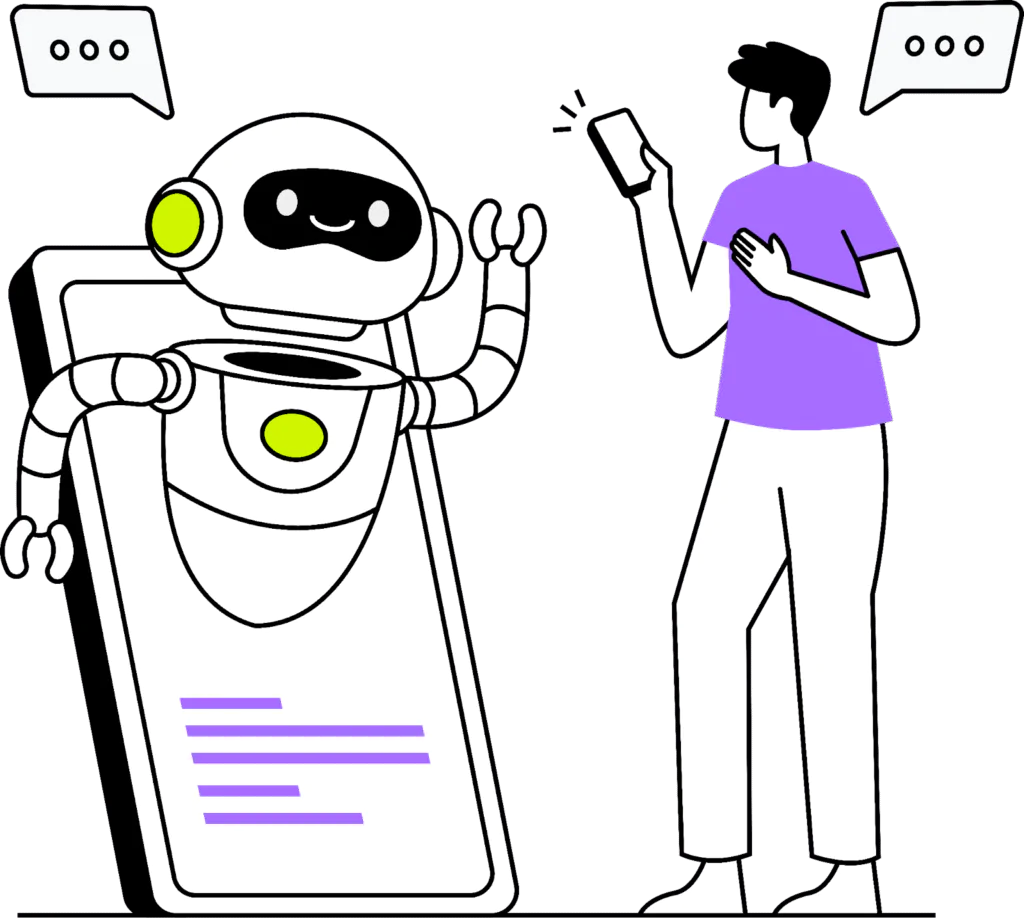
So, from the next time you use AI tools, ask yourself: Are you using it as a tool, as a guide, or are you letting it think for you? The dependability will conclude whether AI empowers you or makes you dependent on it.
Conclusion
As businesses continue to scale using AI tools, it’s crucial to strike a balance between maximizing their capabilities and maintaining human intervention. Knowing the technical drawbacks of over-relying on AI, your brand requires ethical and authentic content to rank in searches. We at 6th Street Artist, a leading influencer marketing agency, understand your requirements and find a marketing gap so that your audience gets influenced and your brand receives the traction it needs to grow.

Manpreet Singh Chadha was a visionary entrepreneur and co-founder of 6th Street Artist, a Mumbai-based influencer marketing agency. With a passion for empowering creators and brands, he played a pivotal role in shaping the agency’s mission to revolutionize influencer marketing in India. His legacy continues to inspire the industry.



